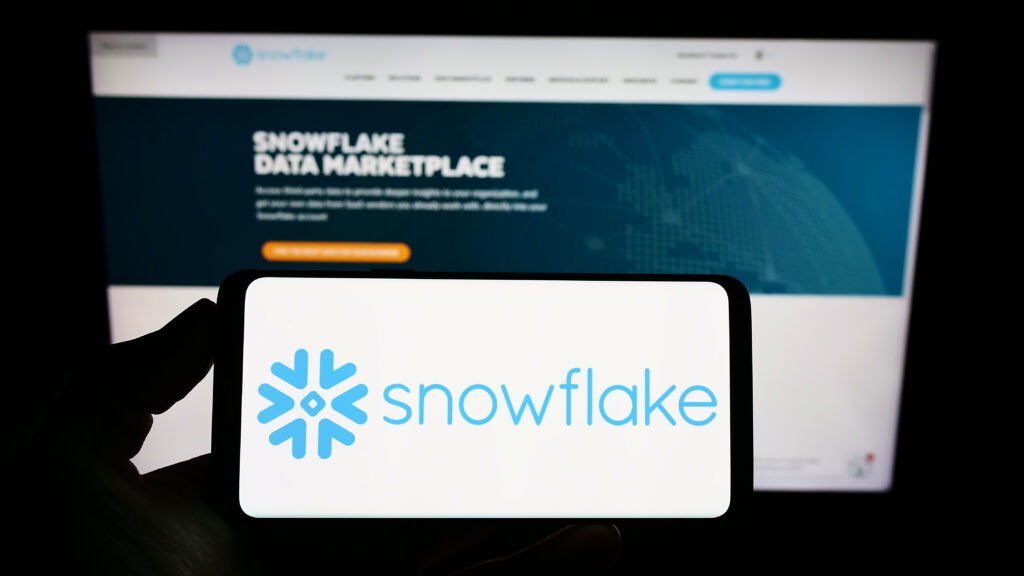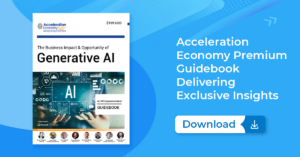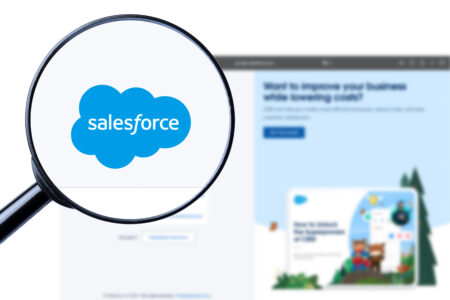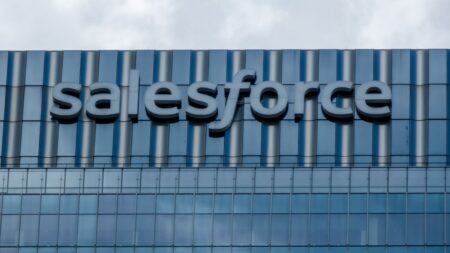
While positioning his company as a huge beneficiary of the Generative AI revolution, Snowflake CEO Frank Slootman is also predicting that GenAI “will bring disruption, productivity, as well as obsolescence to tasks and entire industries alike.”
Over the past 20 years, Slootman has proven to be one of the tech industry’s top CEOs by understanding at an early stage the power and emerging potential of new technologies while also fully comprehending the business impact those new tools could have if deployed properly. He’s done it at Data Domain, ServiceNow, and currently, Snowflake, where product revenue for fiscal Q1 ended April 30 was up 50% to $590 million.
So it was fascinating to hear Slootman devote much of his opening remarks on Snowflake’s May 24 earnings call to the massive opportunity he sees for Snowflake around generative AI, which he said “has captured the imagination of society at large.”
Because of Slootman’s track record, and because of his unique ability to articulate in very plain language exactly what he expects to happen, and also because his company has already disrupted the Cloud Wars Top 10 with its data cloud, I think it would be illuminating to share some highlights about generative AI from Slootman’s earnings-call remarks. In a future piece, I’ll dig into the Q1 results from Snowflake — the boiled-down version is that the company says severe cost-control measures on the part of its customers have caused it to offer Q2 guidance of 33%-34%, and for the fiscal year of 34%. Both of those figures are down sharply from Snowflake’s recent growth trajectory.
Huge Opportunity in Large Language Models
“Generative AI is powered by data,” Slootman said. “That’s how models train and become progressively more interesting and relevant. Models have been primarily trained with internet and public data, and we believe enterprises will benefit from customizing this technology with their own data. Snowflake already manages a vast and growing universe of public and proprietary data, and the Data Cloud’s role in advancing this trend is becoming pronounced. AI’s focus on Large Language Models and textual data — both structured and unstructured — will lead to rapid proliferation of model types and specializations. Some models will be broadly capable but shallow in functions, while others will be deep, specialized, and impactful in their specific realm.”
Snowflake Mission: Demolish All Limits to Data!
“The Snowflake mission is to steadily demolish any and all limits to data users, workloads, applications, and new forms of intelligence,” Slootman said. “Our goal is for all the world’s data to find its way to Snowflake and not encounter any limitations in terms of use and purpose. From our perspective, machine learning, data science, and the AI are workloads that we enable with increased capability, continuous performance, and efficiency improvements. Data has gravitational pull, and given the vast universe of data Snowflake already manages, it’s no surprise that interest in these capabilities is escalating while its uses are still evolving.
AI-related Workloads Up 91%
“Data science, machine learning, and AI use cases on Snowflake are growing every day,” Slootman said. “In Q1, more than 1,500 customers leveraged Snowflake for one of these workloads, up 91% year over year. A large U.S. financial institution uses Snowflake for model training, having faced memory constraints with their prior solution. They chose to move certain engineering workloads to Snowflake because with Snowflake, they can fully ingest all data, thereby replacing a sampling approach which left models less predictive and longer-running.”
Pending Acquisition of Neeva
“We announced our intent to acquire Neeva, a next-generation search technology that is powered by language models,” Slootman said. “Engaging with data through natural language is becoming popular with the recent advancements in AI. This will enable Snowflake users and application developers to build rich search-enabled and conversational experiences. We believe Neeva will increase our opportunity to allow nontechnical users to extract value from their data.”
“We Will Attract Tremendous Demand”
“You cannot just indiscriminately let these [LLMs] loose on data that people don’t understand in terms of its quality and its definition and its lineage. So we’re in a really great place. And as I said in the prepared remarks, data has a gravitational pull. So we will attract tremendous demand for these type of workloads, and our strategy is to enable that to the maximum extent possible.”










